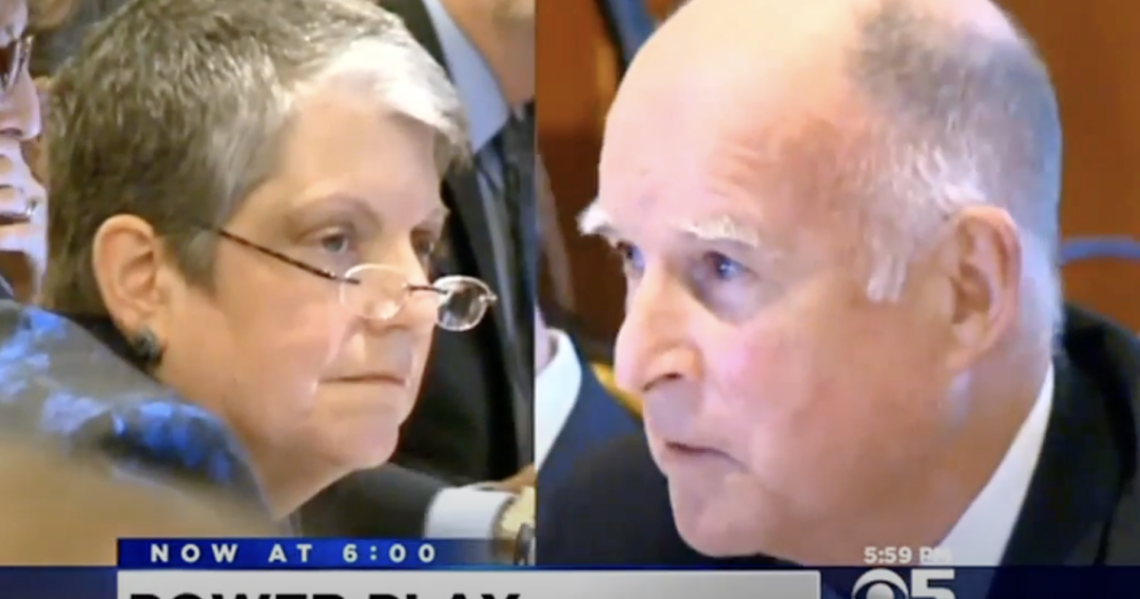In May 2023, the policy-making body of the University of California, the UC Regents, voted unanimously to open campus jobs in the system’s 10 campuses for students who are undocumented.
It was a watershed proposal that relied on new — and untested — legal analysis of federal employment law put forward by UCLA faculty. It would have the potential to help tens of thousands of students earn money to pay for school.
But in January, regents did an about face and suspended implementation after UC’s president warned that such a change could lead to a loss of federal funding and open the university system and its staff up to lawsuits and other legal issues.
Lawmakers have responded with legislation to force the issue, possibly setting up a clash with top UC leaders.
Here’s the problem: The California constitution gives the legislature the power to pass laws to shape policies in much of the state’s higher education system — but not the University of California.
That means legislative workarounds to UC issues — like the employment options for undocumented students — often stop short of a mandate.
How did UC get this autonomy from state lawmakers?
You could say that University of California’s separate — some would say, elite — status was there at its infancy, when state legislators gave UC, then just one campus, the status of public trust…
… with full powers of organization and government, subject only to such legislative control as may be necessary to insure the security of its funds …
The university’s leaders insisted that autonomy would save the University of California “from the partisan…
Read the full article here







